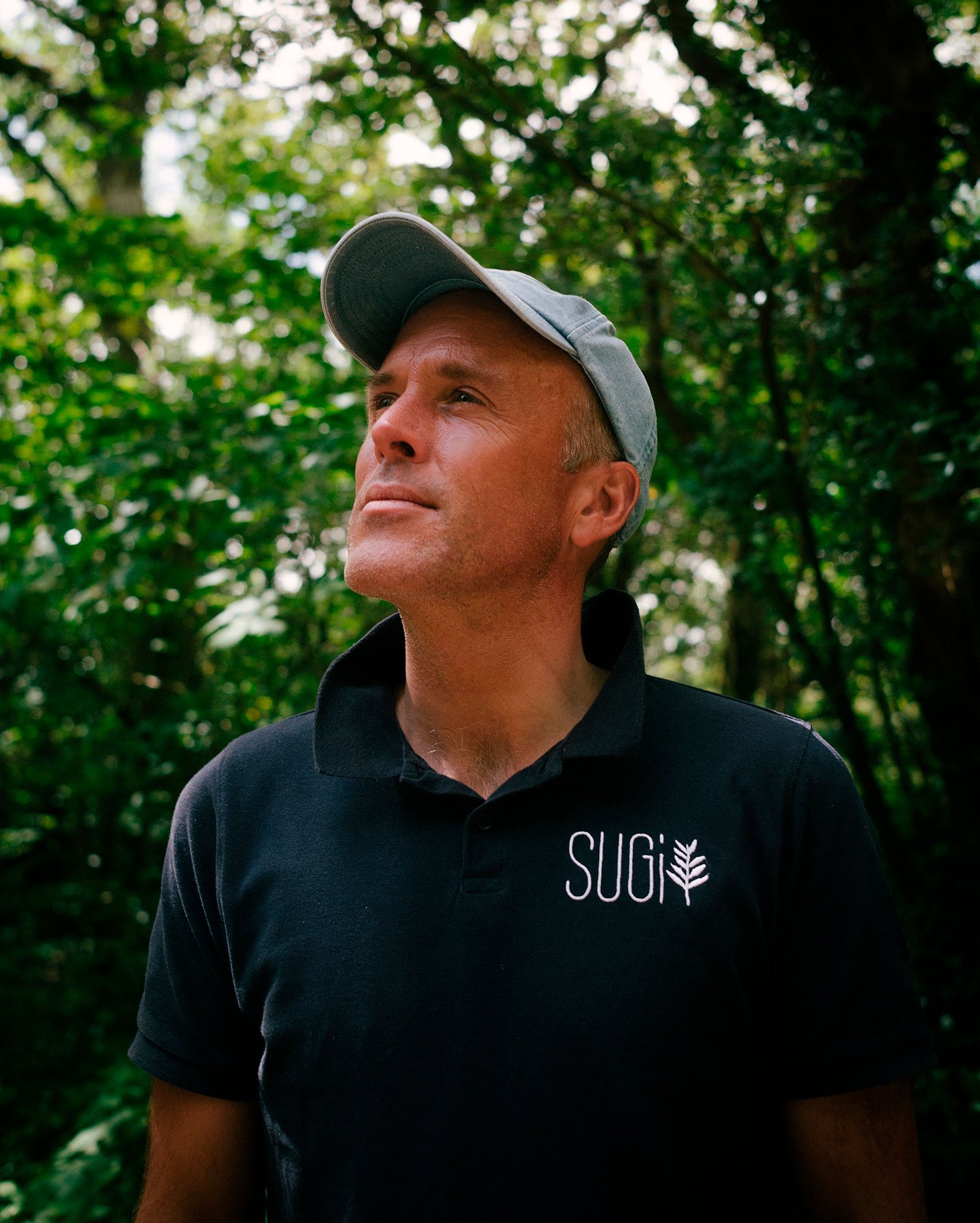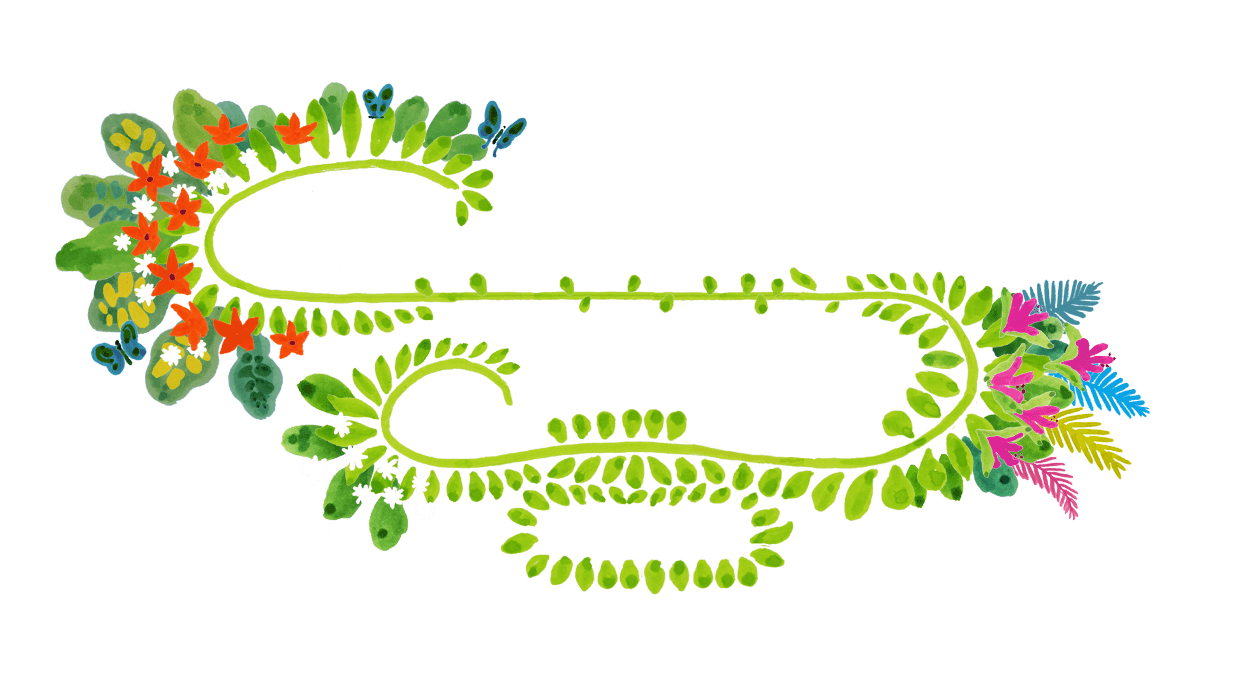
Wiltshire, UK
Lumiar School Forest
A bee-friendly forest in Wiltshire.
Lumiar is a small, self funded school currently with 25 children. The school opens young minds, while encouraging creativity, responsibility and environmental awareness.
The children are full of enthusiasm and eager to learn and care for their environment.
By creating the bee-friendly micro forest, we bring children closer to nature, build biodiversity, boost bees, and have loads of fun!
Forest Maker James Godfrey-Faussett
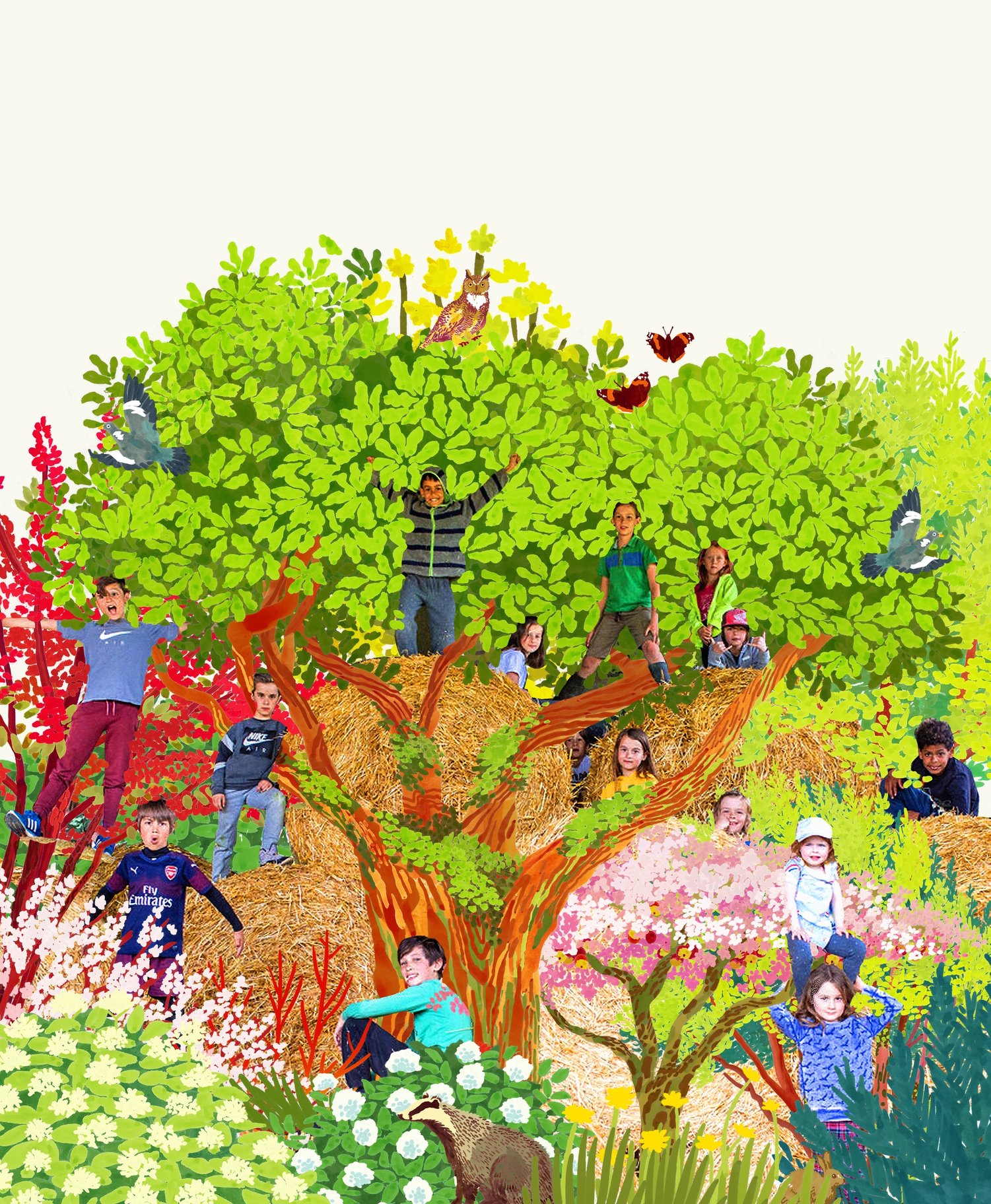
360
trees
120
square meters
25
native species
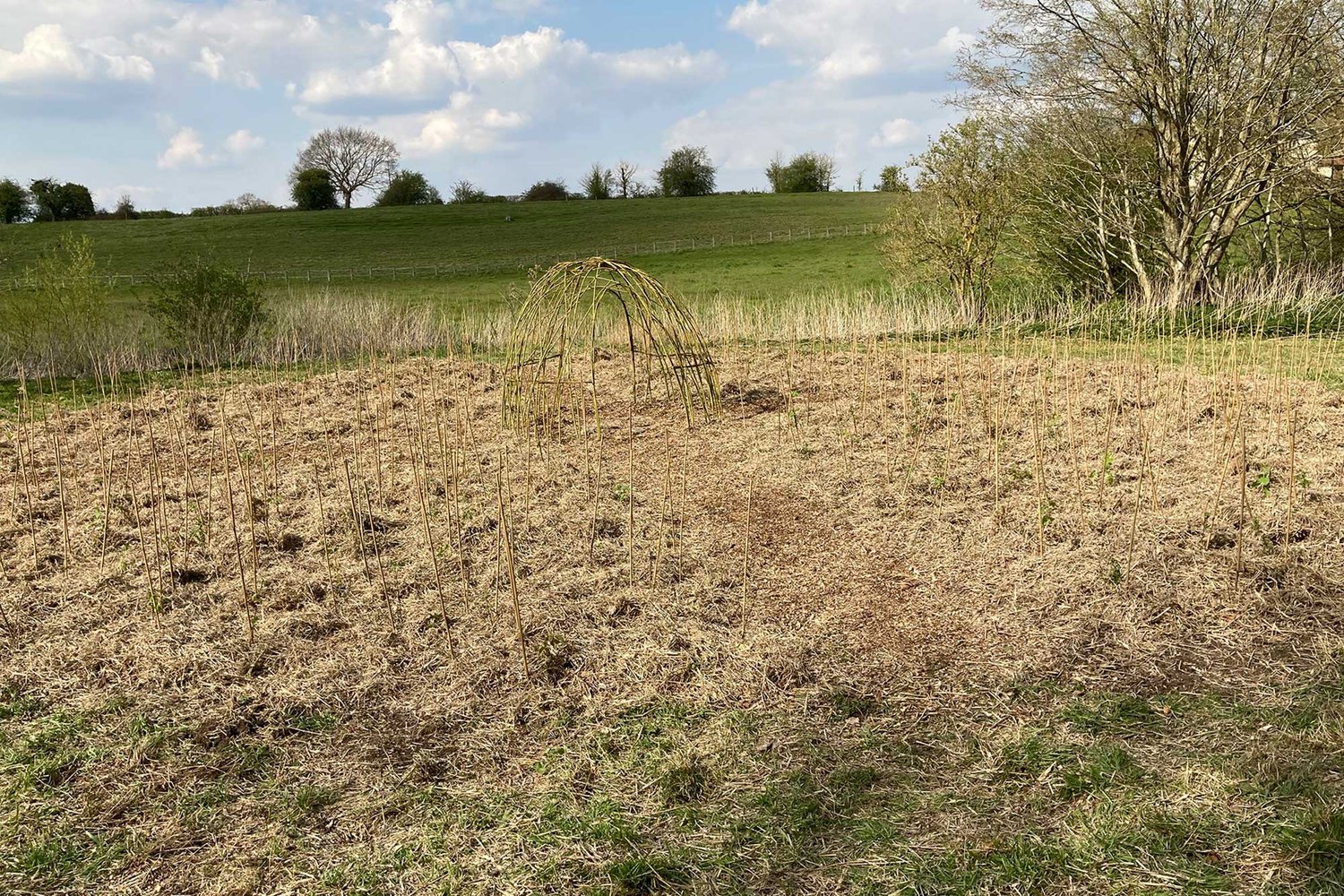
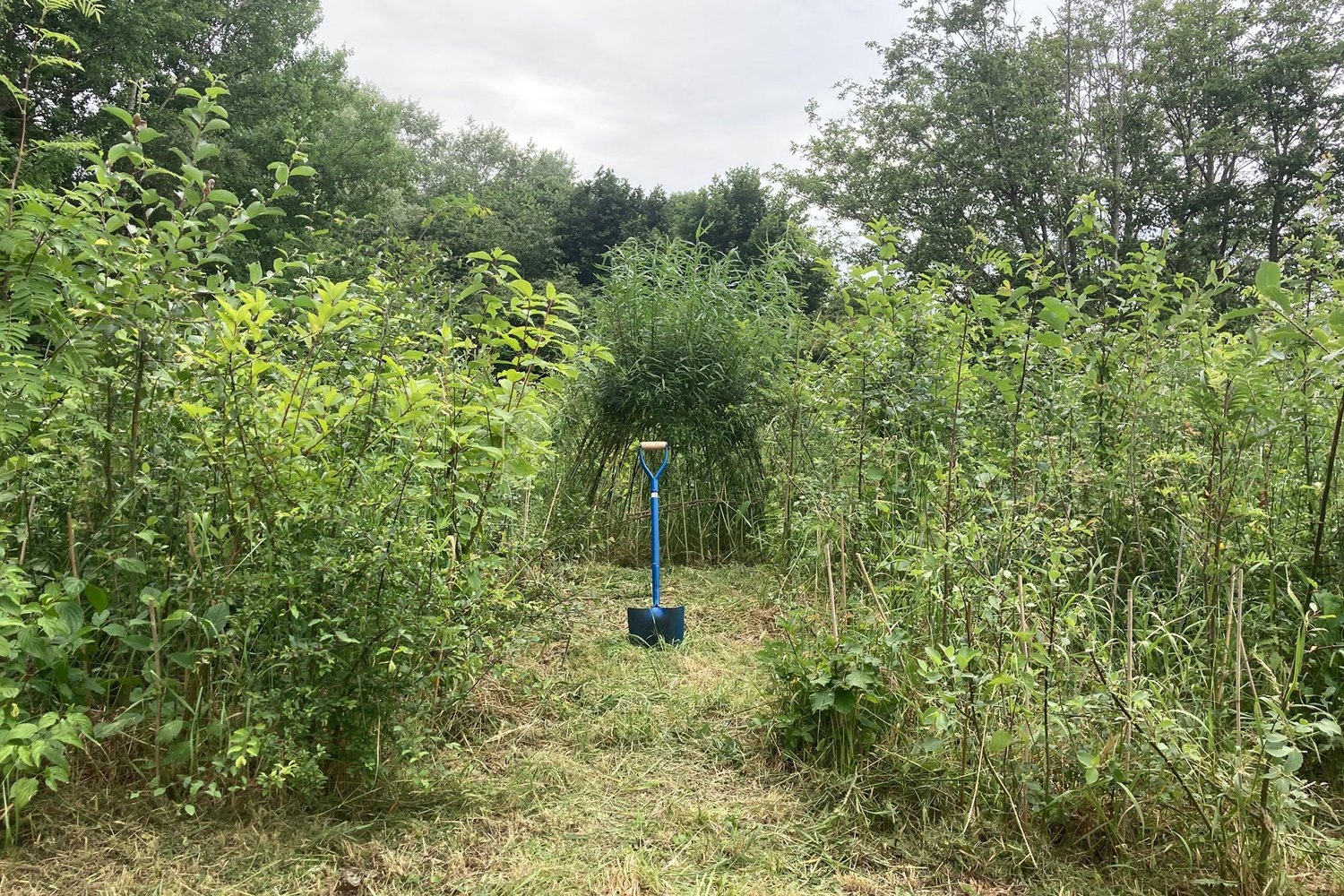

“Lumiar is a small, progressive school that engages children with fun hands-on nature-based activities and learning. Our aim is to create a unique bee friendly native forest with the help of the children and local community.”
— James Godfrey-Faussett
Forest Report: 1 Year
DATE: 20.04.2022
Survival Rate: 98%
Tallest Tree: 250cm
The tallest species is the wild cherry (Prunus avium), with an average girth of 20mm. The forest continues to thrive and reach a good canopy height - weeds are starting to slow due to the increased shade. This is all with zero watering even during the 2022 summer heatwave and drought.
The lower species such as common dogwood (Cornus sanguinea), spindle (Euonymus europaeus) and hawthorn (Crataegus monogyna) are really benefiting from the shade and the interaction offered by the taller faster growing species; they are starting to fill out the lower strata layer.
The forest soil shows a clear sign of healthy mycorrhizal fungi establishment.
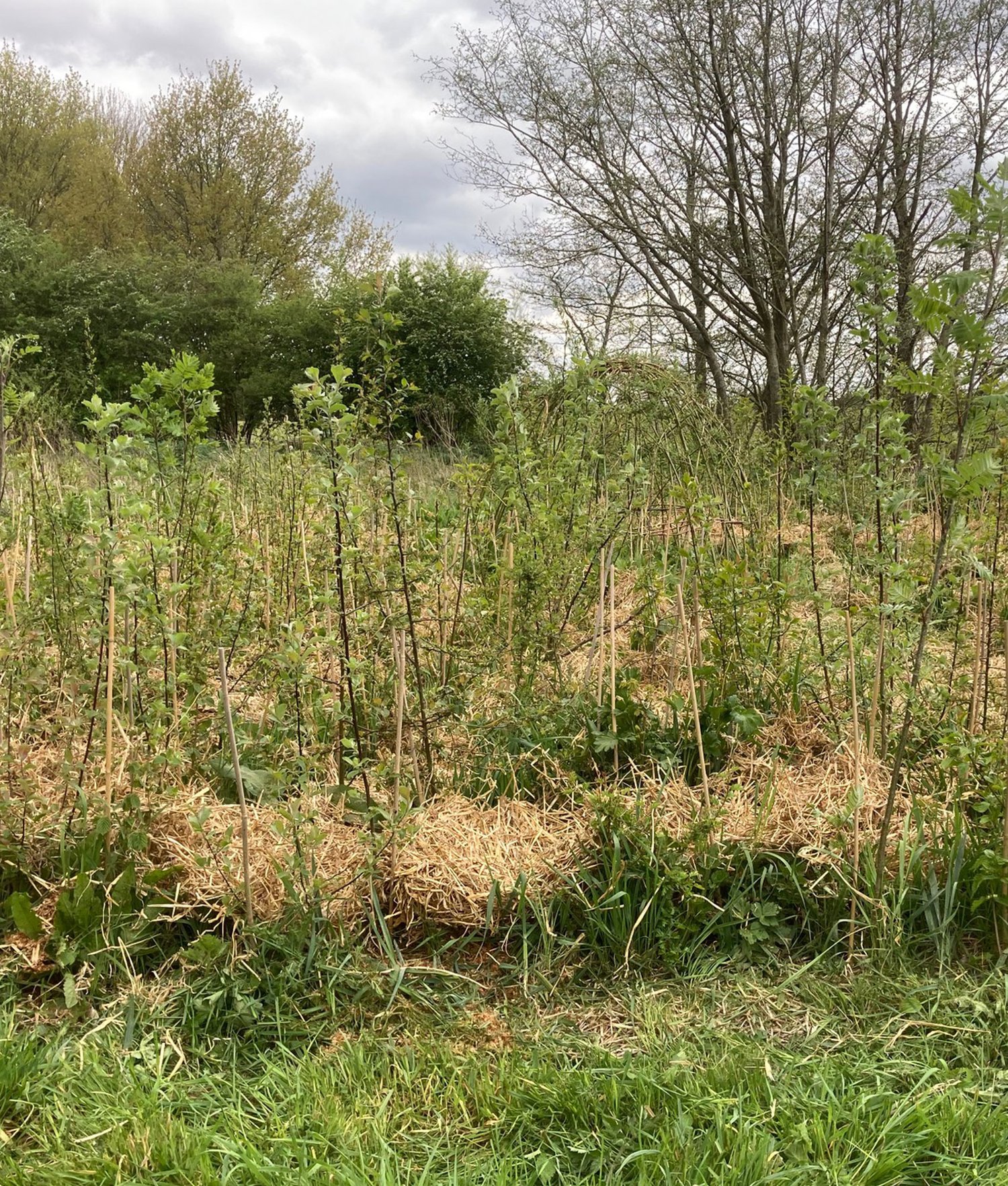
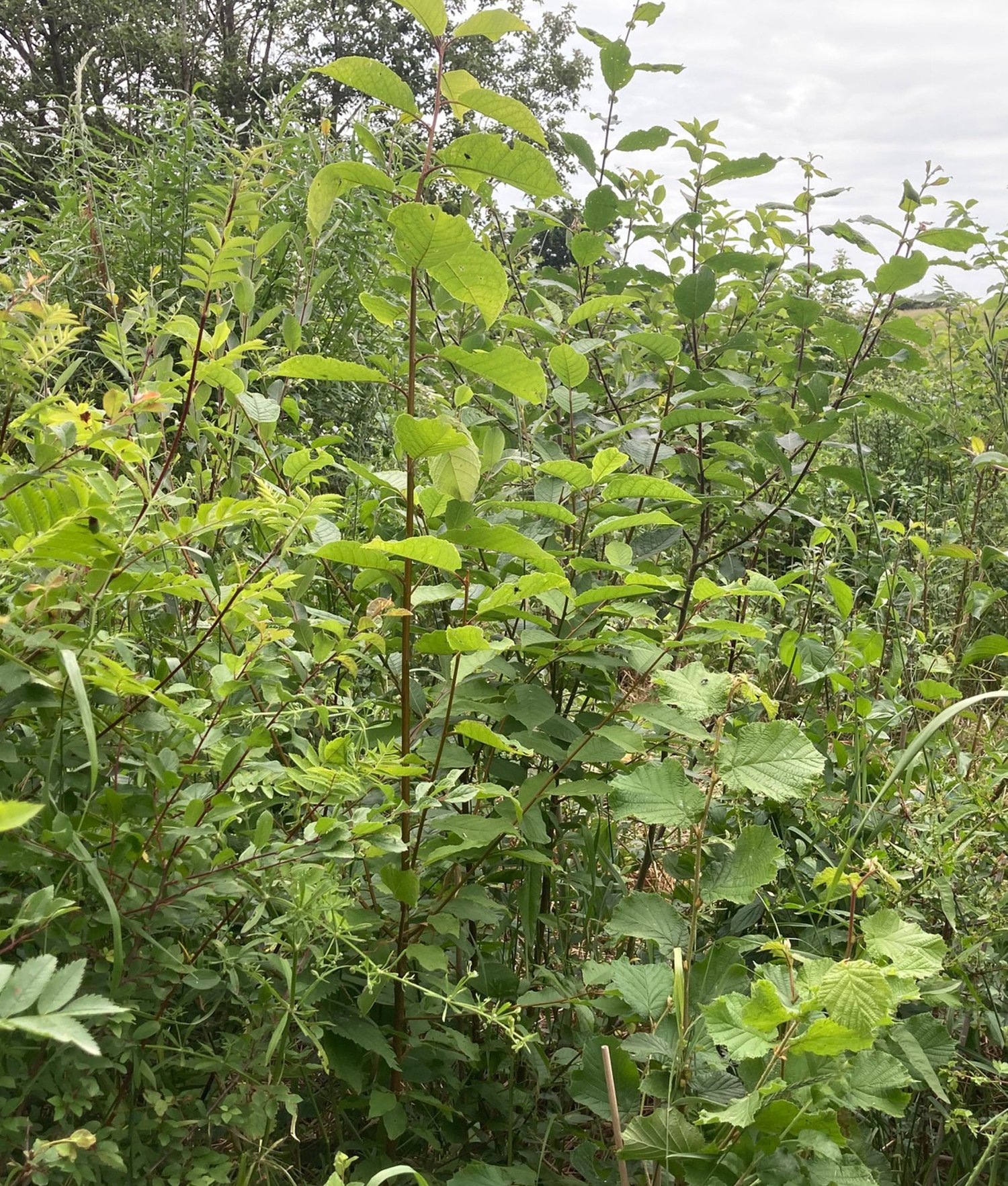
Forest Report: 6 Months
DATE: 20.10.2021
Survival Rate: 99%
Tallest Tree: 150cm
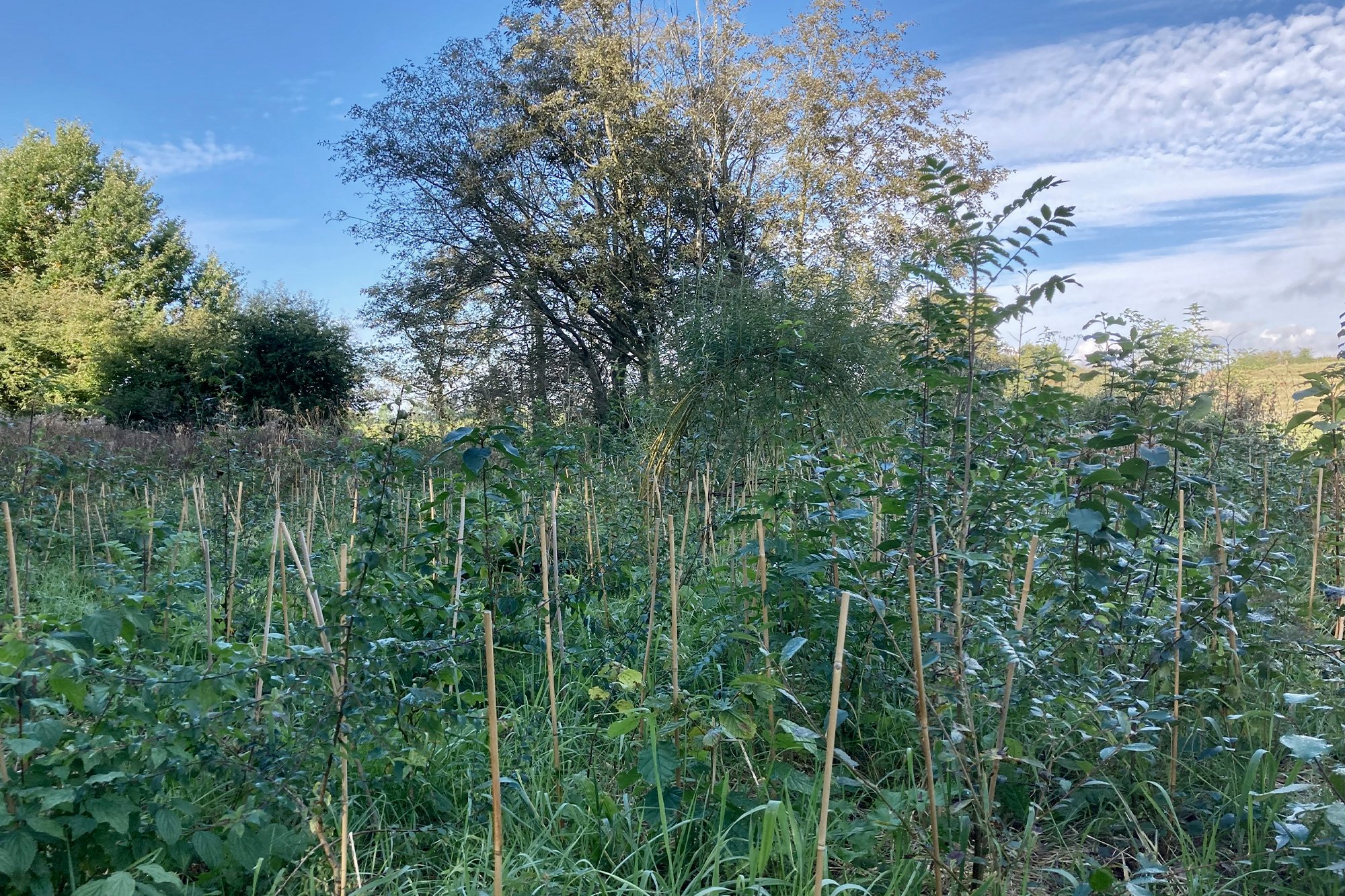
Forest Report: Planting
DATE: 20.04.2021
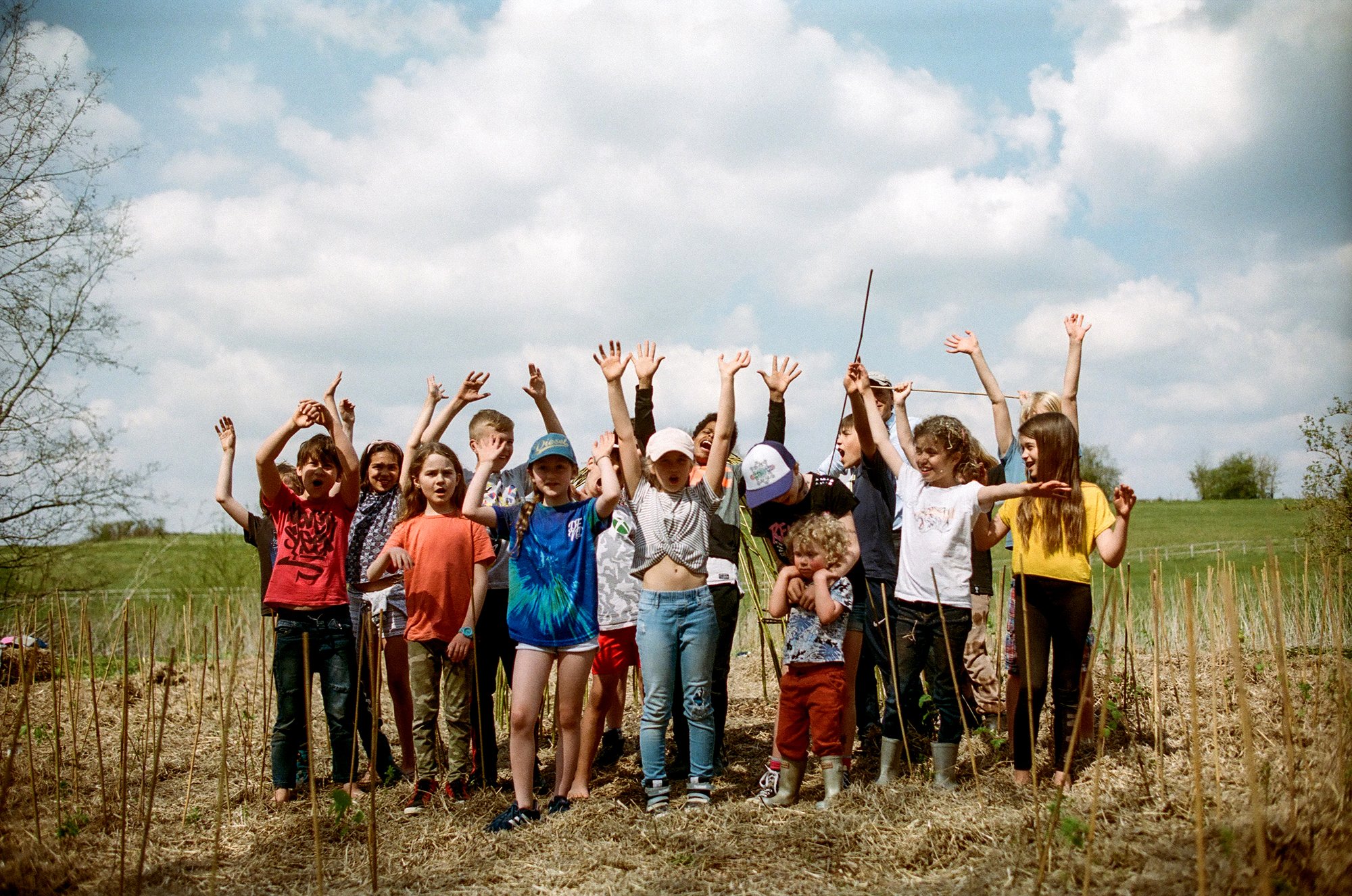
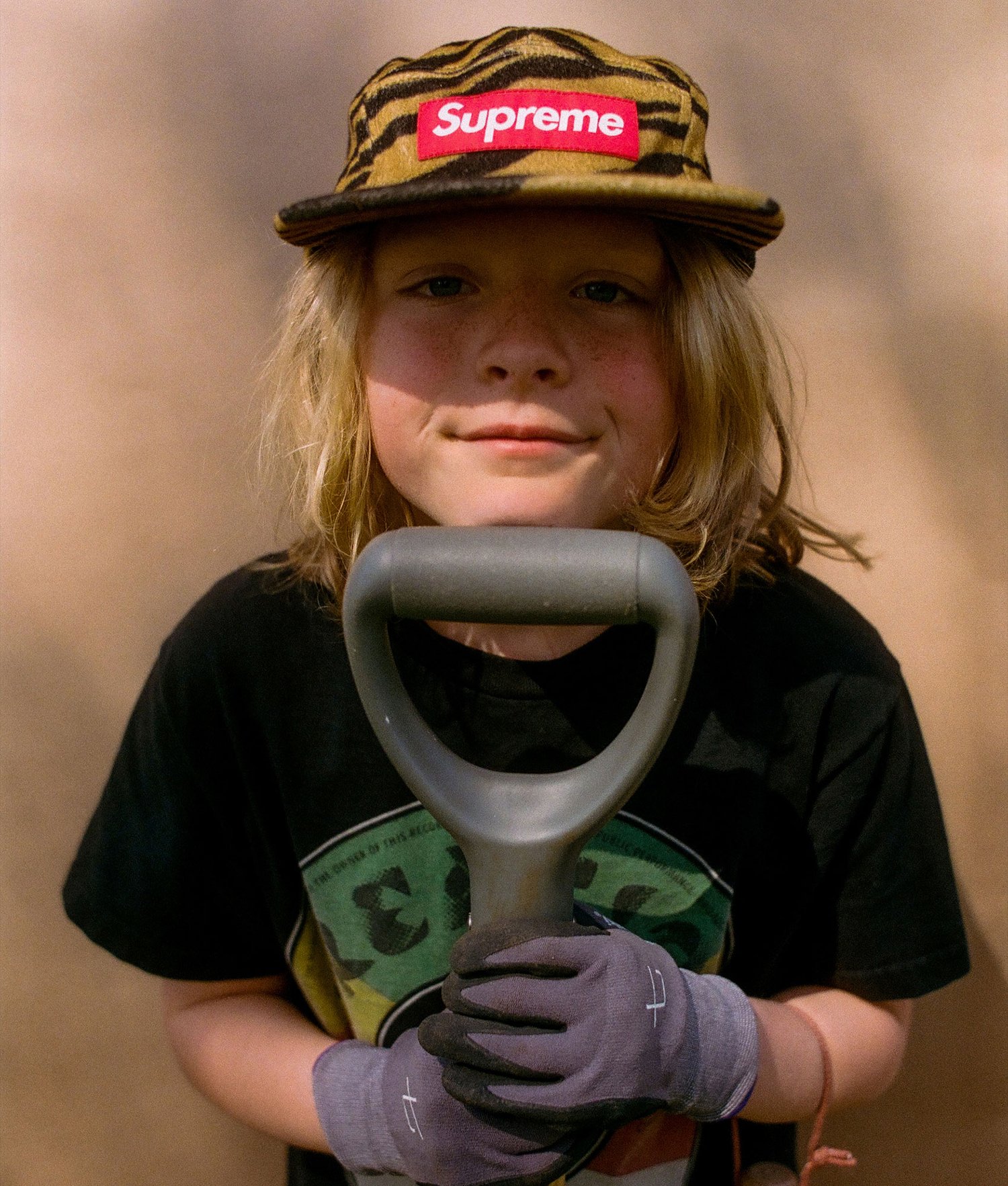
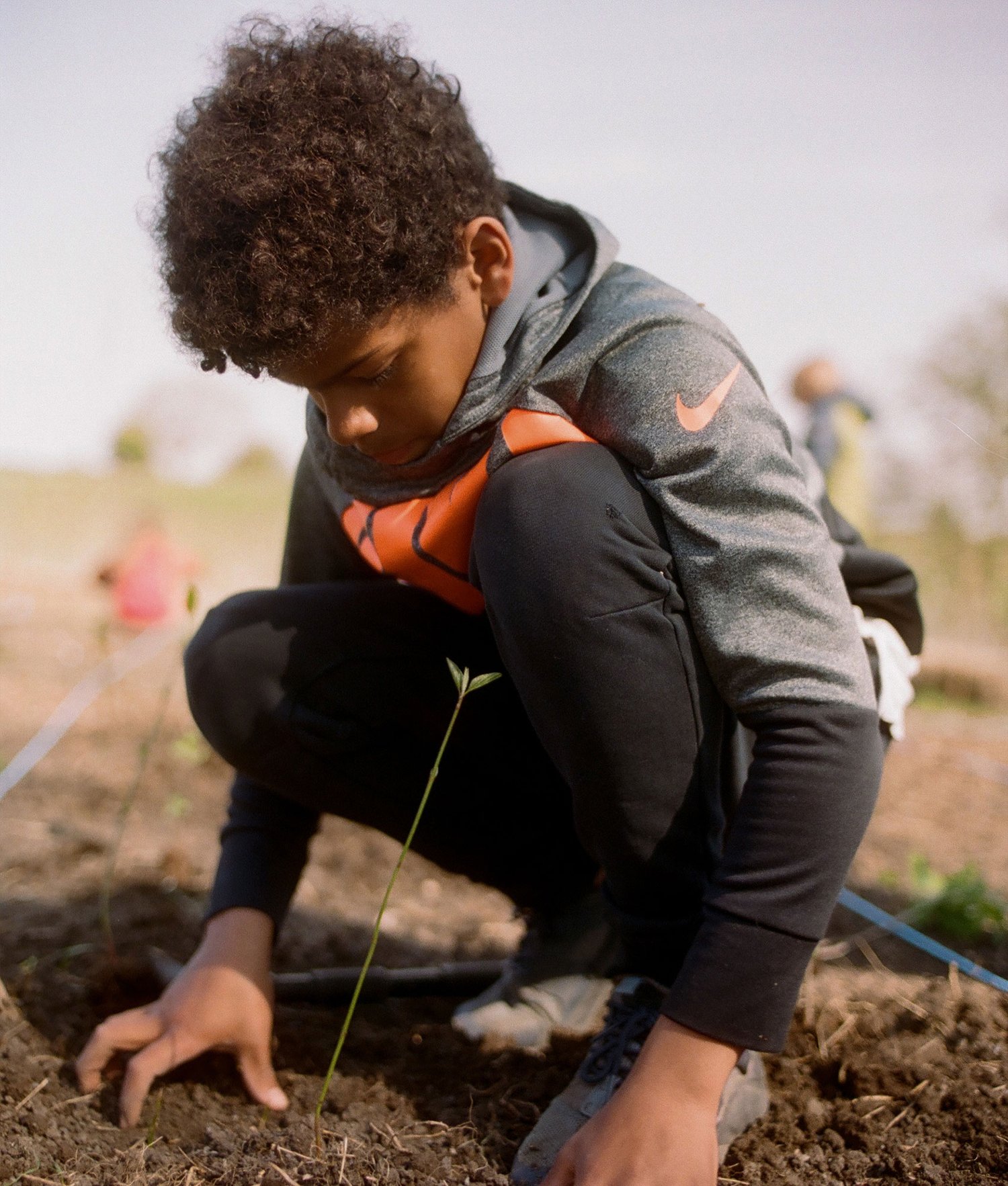
Why a Bee Friendly Forest?
Bee populations are diminishing rapidly and alarmingly. By creating a tiny forest of specific native trees that flower successionally, we can offer the bees an almost continual food source and well as their favoured trees for winter hibernation.
The children study and monitor the bees and the many other forms of biodiversity that Miyawaki forests make possible.
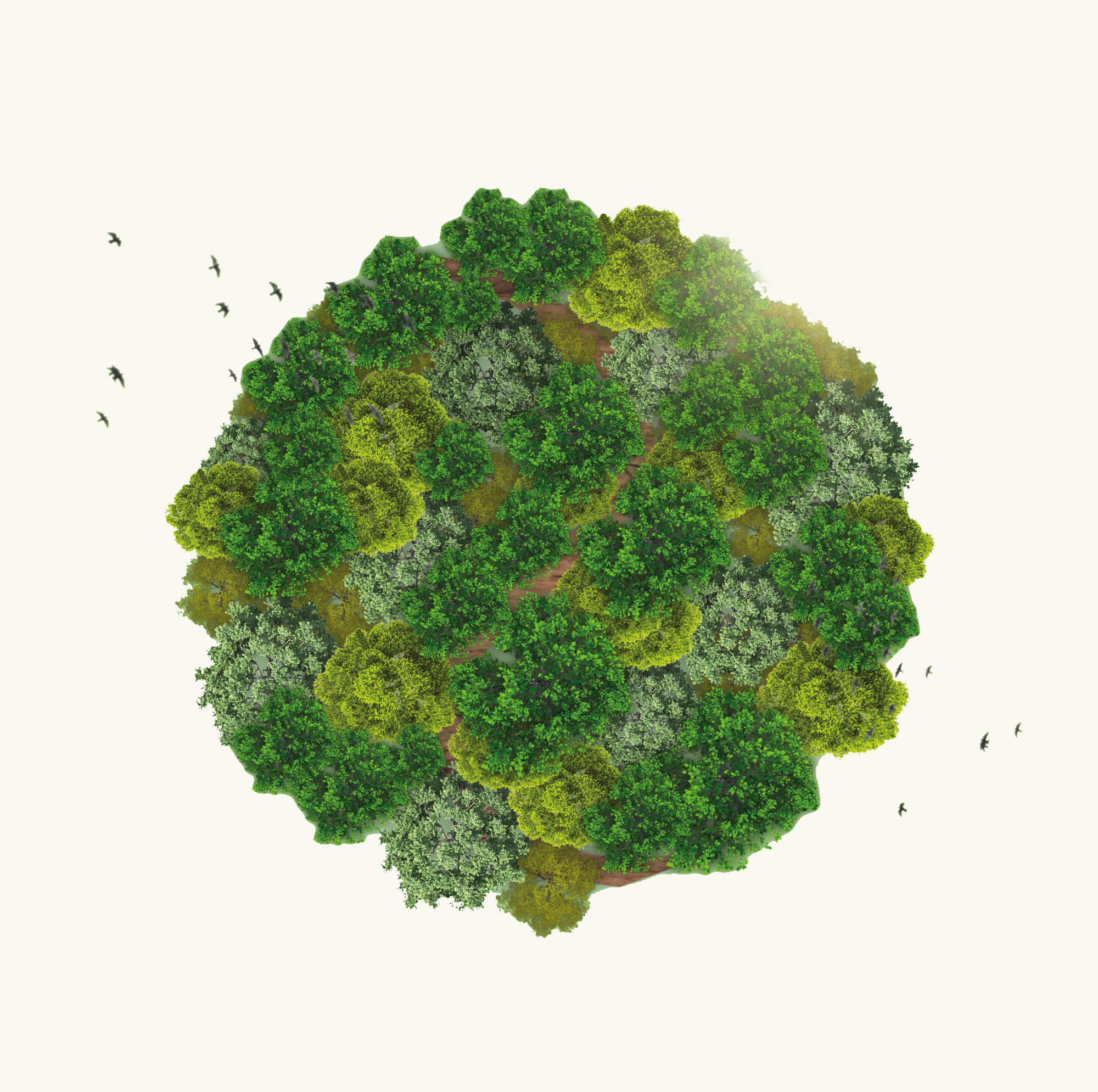
Discover more SUGi Projects

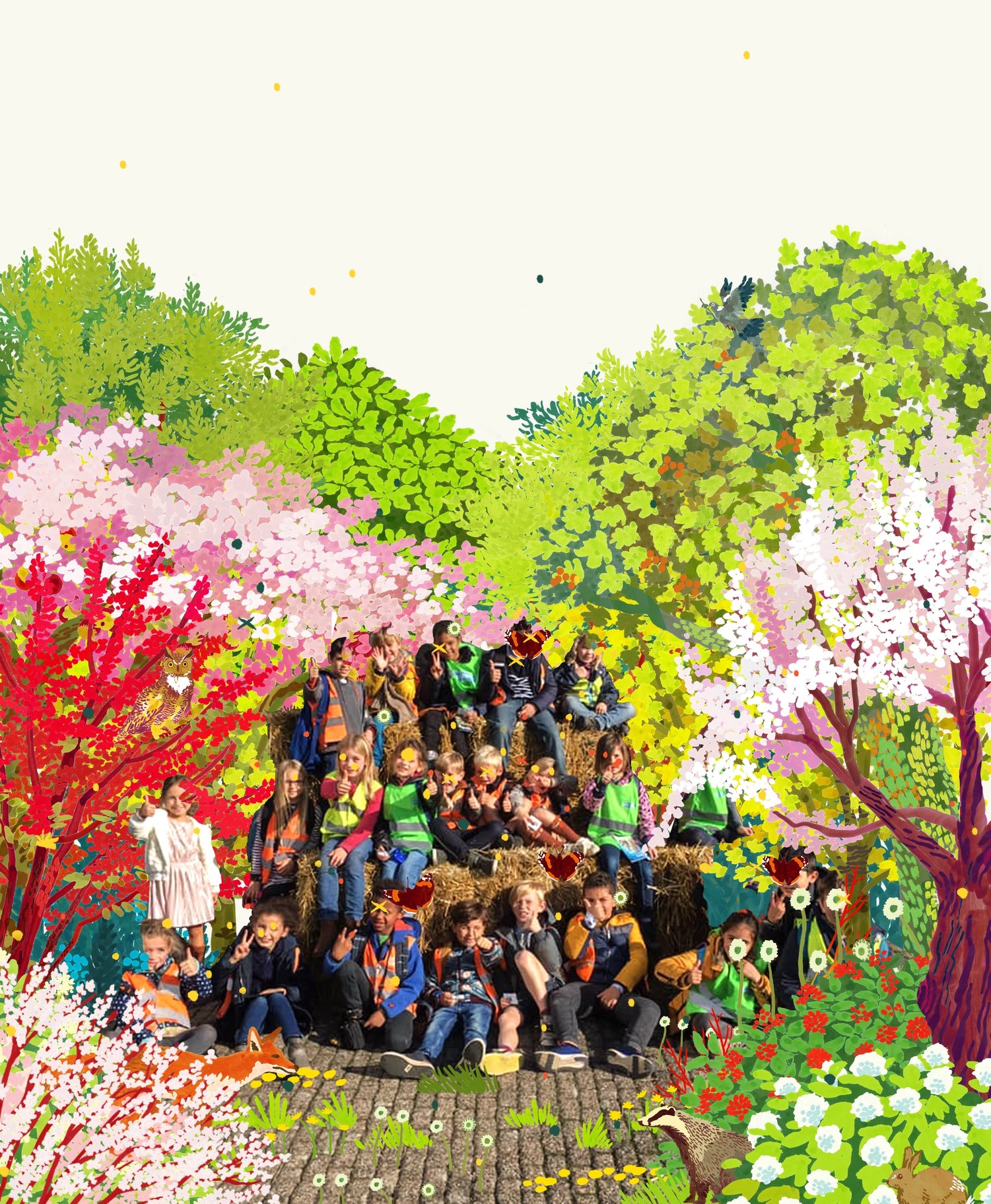
De Ark
A forest learning center in Sint-Niklaas


Langalibalele Forest
Cultivating a green oasis for community wellness and education.

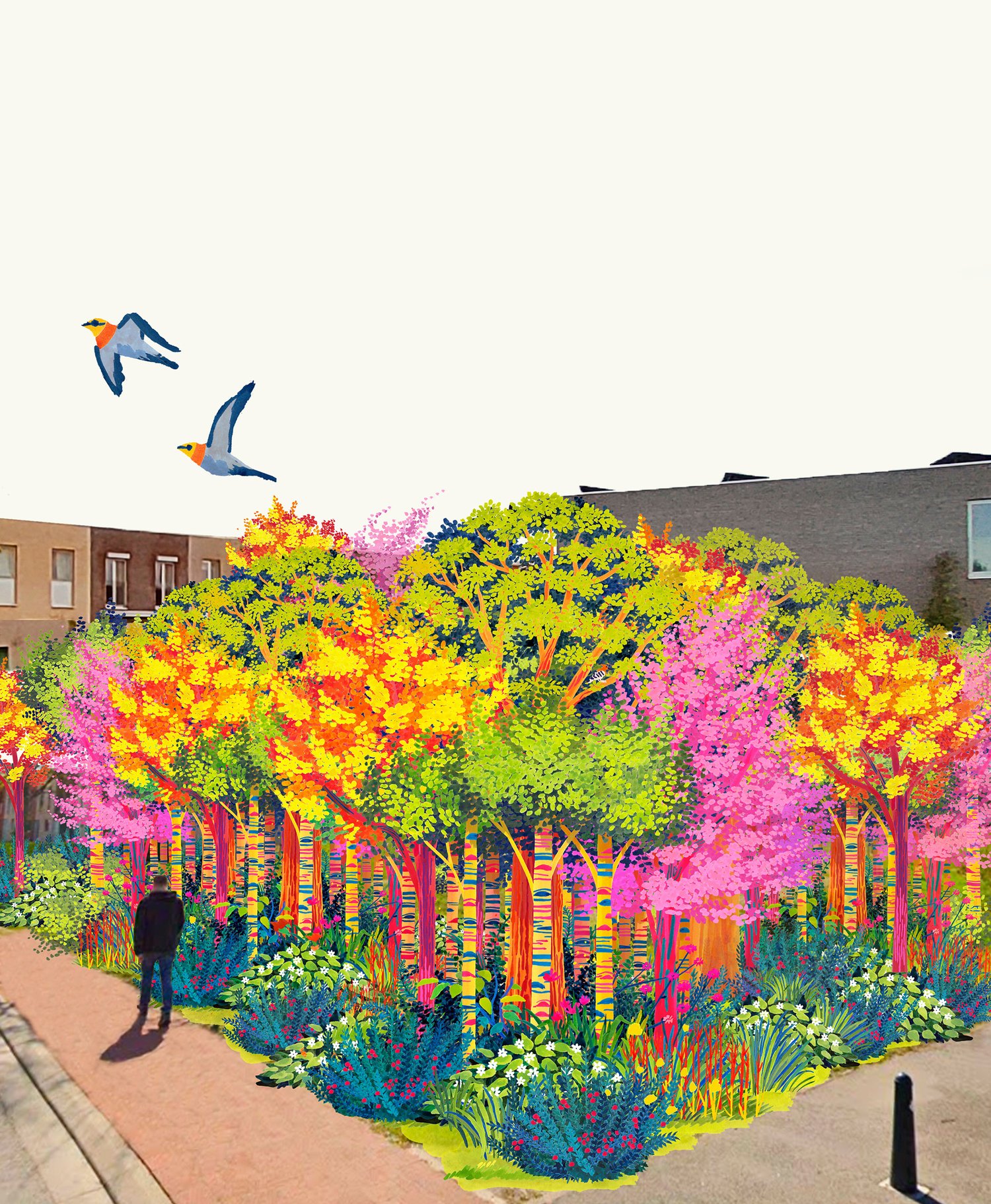
Papenhof Forest
Nature-based therapy at the heart of a city

